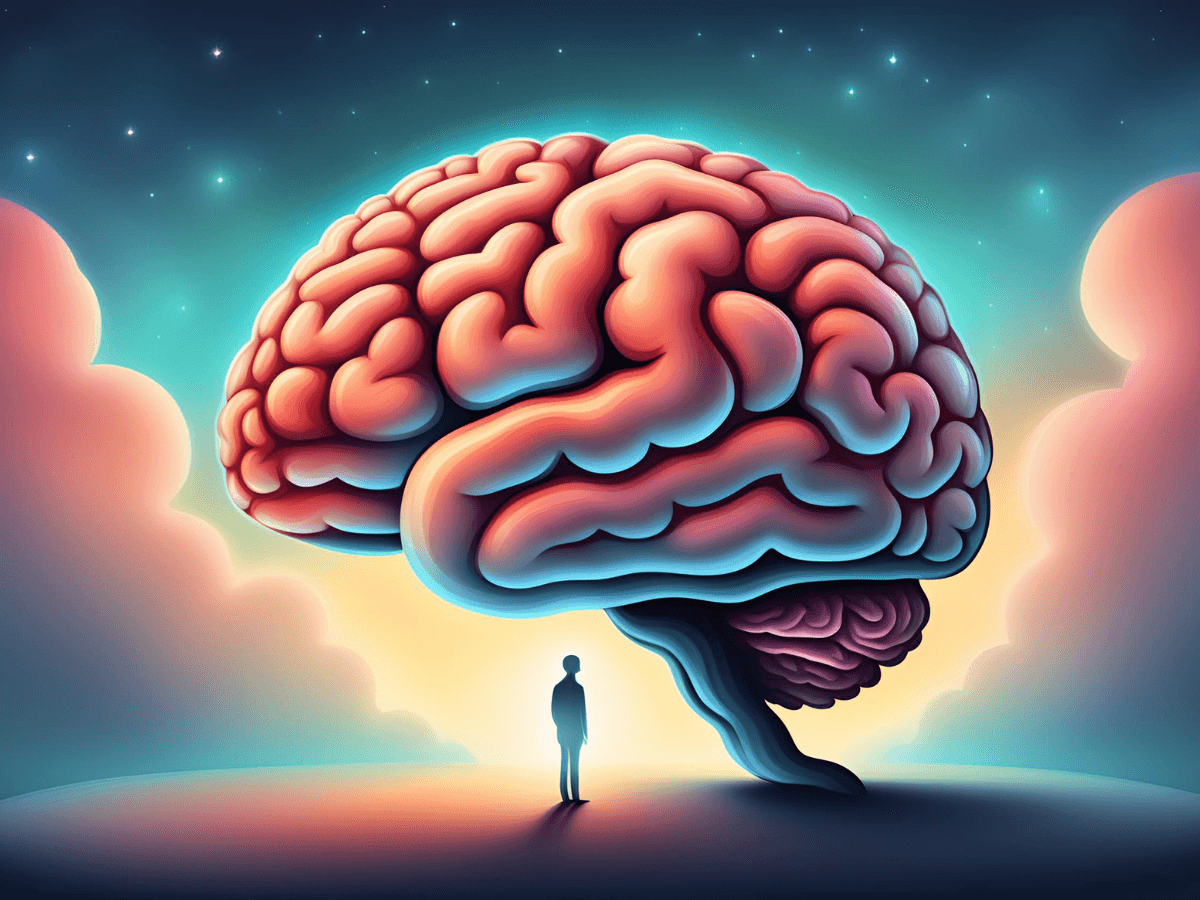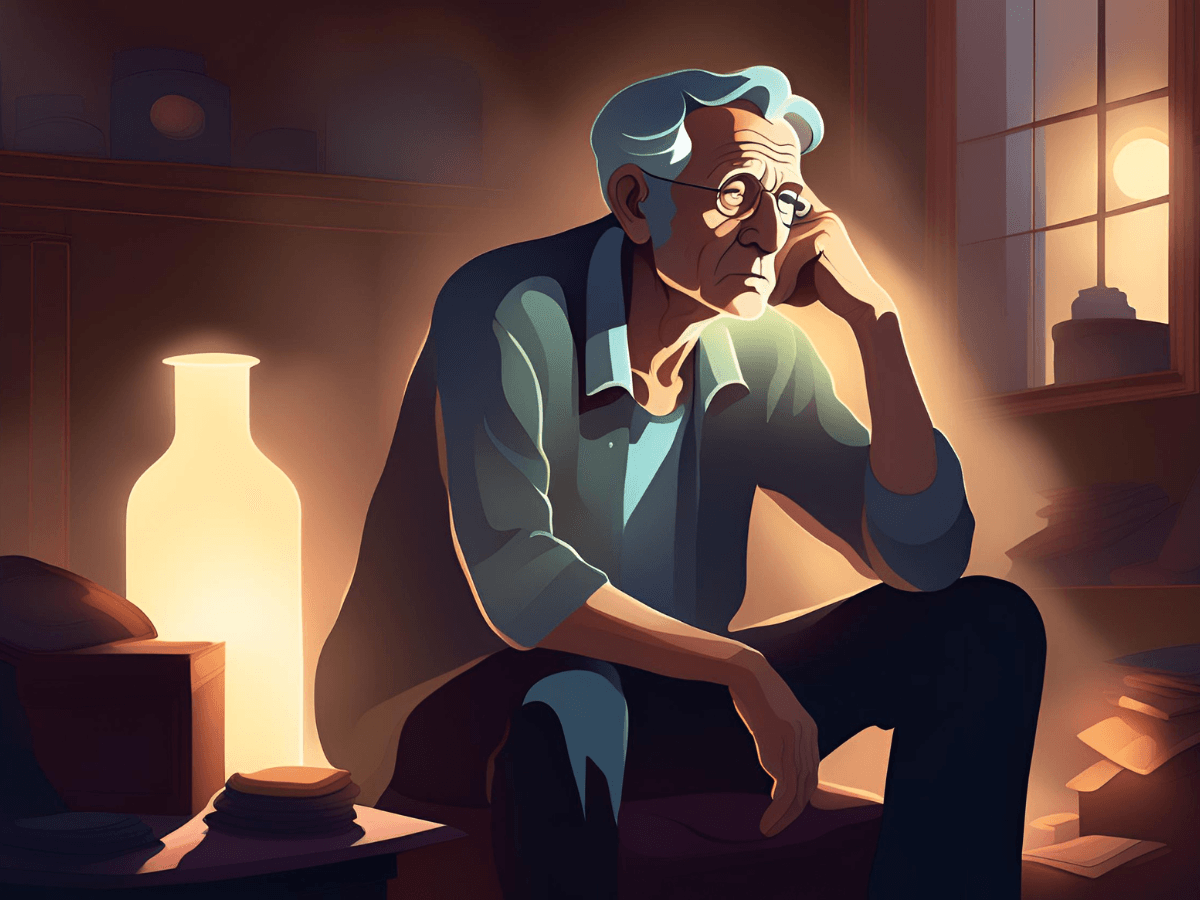In the documentary “Should We Fear A Lonely Life? | The Age of Loneliness,” the pervasive issue of social isolation in modern society is explored, revealing how loneliness affects people across all age groups and social classes.
The Silent Epidemic
Dubbed the “age of loneliness,” the documentary highlights that nearly one in three individuals feels lonely at some point. This loneliness is often unspoken, yet its impact is profound and widespread. It is not just a fleeting feeling but a deep-seated issue that can have significant effects on both mental and physical health. The documentary emphasizes that loneliness is a growing problem that needs urgent attention and intervention.
Loneliness Across Generations
While older adults are often associated with loneliness, the documentary reveals that young adults experience similar feelings of isolation. University students, like Isabel, share their struggles with loneliness despite being surrounded by peers and the illusion of connection through social media. This generational spread of loneliness suggests that it is not just a consequence of aging but a pervasive issue affecting people at different life stages.
The Role of Social Media
Social media is a double-edged sword. It can connect us, but also serves as a painful reminder of what we lack, exacerbating feelings of isolation when we see others seemingly living happier, more connected lives. The documentary discusses how social media platforms, while designed to bring people together, often highlight the social activities and connections of others, leading to feelings of inadequacy and loneliness among users. The constant comparison to the curated lives of others can deepen the sense of isolation.
Personal Stories of Loneliness
The documentary features several individuals, like Dorothy and Richard, who share their personal battles with loneliness. Their stories illustrate that loneliness can arise from various life events such as the death of a spouse, divorce, or moving away from family. Dorothy, who lost her husband, speaks about the overwhelming silence and emptiness that filled her days. Richard, who went through a painful divorce, describes how difficult it is to rebuild a social life from scratch. These personal anecdotes highlight the multifaceted nature of loneliness and its ability to affect anyone, regardless of their background or circumstances.
Coping Mechanisms
For some, volunteering and engaging in community activities offer relief from loneliness. Kylie, for example, found solace in organizing tea parties for the elderly, which helped her feel more connected in a new city. The documentary showcases various coping mechanisms people use to combat loneliness. Volunteering, participating in community events, and even adopting pets are shown to provide a sense of purpose and connection. These activities help individuals feel needed and valued, which can significantly reduce feelings of isolation.
The Importance of Purpose
Feeling a sense of purpose and being needed are crucial in combating loneliness. Barbara, who lost her family members and struggled with isolation, found comfort in caring for her dogs, who depended on her. The documentary underscores the importance of having a purpose or responsibility that motivates individuals to stay engaged with life and other people. For many, taking care of pets or being involved in volunteer work provides that essential sense of purpose and connection.
Mental Health and Loneliness
The documentary underscores the connection between loneliness and mental health issues. Individuals like Ian and Martin share how their loneliness is intertwined with depression and anxiety, creating a vicious cycle that is hard to break. Mental health professionals in the documentary explain how chronic loneliness can lead to serious mental health problems, including severe depression and anxiety disorders. They stress the importance of recognizing and addressing loneliness as a critical component of mental health care.
Solutions and Hope
Despite the challenges, there are ways to address loneliness. Small acts of kindness, like weekly visits or phone calls, can make a significant difference. Organizations and community initiatives play a vital role in offering support and fostering connections. The documentary provides examples of successful programs and interventions that have helped reduce loneliness in various communities. These include community centers, social clubs, and online platforms designed to facilitate meaningful connections.
Join Us at ConnectYou.boo
At YouNeedABoo.com, we understand the profound impact of loneliness and the importance of human connection. Our companions are dedicated to providing meaningful, supportive, and uplifting interactions. Book your subscription today and take the first step towards a happier, more connected life. Our services are designed to provide the companionship and support needed to combat loneliness effectively.
By joining YouNeedABoo.com, you are not just finding a companion; you are becoming part of a community dedicated to improving mental well-being and fostering genuine human connections. For more insights, watch the full documentary “Should We Fear A Lonely Life? | The Age of Loneliness” and explore how you can foster deeper connections and combat loneliness in your own life.
Conclusion
The Age of Loneliness documentary sheds light on the silent epidemic of loneliness affecting people of all ages. It highlights the importance of recognizing loneliness as a serious issue and taking steps to address it. Whether through personal connections, community involvement, or professional companionship services like YouNeedABoo.com, there are ways to combat loneliness and improve mental well-being. Join us in our mission to create a world where no one feels alone.
For more insights, watch the full documentary “Should We Fear A Lonely Life? | The Age of Loneliness” and explore how you can foster deeper connections and combat loneliness in your own life.




